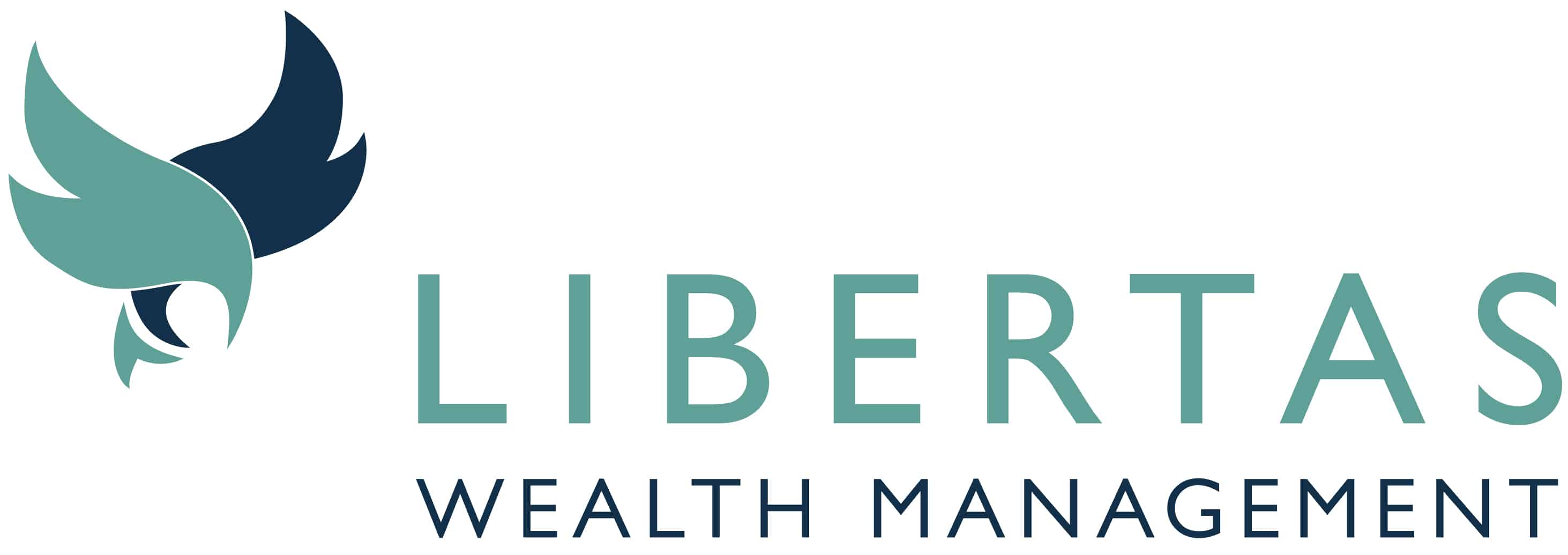One of the biggest threats to the health of your investment portfolio
If you’re investing – especially for major goals years away, such as retirement – you can’t afford to ignore the corrosive effect rising prices can have on the value of your assets.
Is inflation finally returning to Western economies, aided by the ‘Trumpflation effect’? It’s been described as a ‘hidden tax’ because of the consistent destruction of value that it brings about.
Taking a bite out of your investment returns
Most people understand that inflation increases the price of their groceries or decreases the value of the pound in their wallet or purse. In reality, though, inflation affects all areas of the economy – and over time, it can take a bite out of your investment returns.
The reality is that inflation poses a stealth threat to all investors, which is why it’s important to consider ways to mitigate inflation in your investment portfolio. When you consider the return on an investment, it’s not just the interest rate you’ll receive but also the real rate of return, which is determined by taking into account the effects of inflation.
Plan to achieve long-term financial goals
Clearly, if you plan to achieve long-term financial goals, such as university savings for your children or your own retirement, you’ll need to create a portfolio of investments that will provide sufficient returns after factoring in the rate of inflation.
Protecting your portfolio against the potential threat of rising inflation might begin with a review of the investments most likely to provide returns that outpace inflation.
Navigating the threat that inflation poses
Over the long term – 10, 20, 30 years, or more – equities may provide the best potential for returns that exceed inflation. While past performance is no
guarantee of future results, they have historically provided higher returns than other asset classes.
If you consistently receive below-inflation interest rates, this will slowly, but surely, erode what your savings are really worth. Investing some or more of your savings could help you navigate the threat that inflation poses to your long-term financial health.
Putting a strong investment strategy in place
Not only does the value of many investment assets often rise with inflation, offering some protection from rising prices, but successful investments should also deliver higher returns than cash savings alone can muster. Inflation is a market force that is impossible to avoid completely.
There are a number of different factors which may create inflationary pressures in an economy. These include rising commodity prices that can have a major impact, particularly higher oil prices, which translates into steeper petrol costs for consumers.
However, by planning for it and putting a strong investment strategy in place, you might be able to help minimise the impact of inflation on your savings and long-term financial plans.
Volatile periods
Investments are usually a better option than cash savings if you want to protect or grow the real value of your money, although it is still worthwhile holding some of your assets in cash as opposed to investments, as this will help to protect your money during more volatile periods.
Historically, investments such as shares and bonds have outperformed cash – particularly over long periods, although remember that past performance isn’t a guide to future performance. So if you’re saving for your retirement, investing can put you in a stronger financial position and put you on track towards your dream retirement.
Inflation protection
Different asset classes provide varying degrees of protection against inflation. Equities are often cited as being one of the best long-term defences. Intuitively, this makes sense. On a basic level, by investing in shares of companies, as the price of goods rises so too do the profits the companies earn on those goods, and in turn the returns to shareholders.
Pension pot
Changes to pension legislation in more recent years have given us all more freedom about how we use our pension pot and when we take that money. This means you can leave your money invested until you’re ready to take it, and then release it gradually, rather than being at the mercy of stock market performance on the day of your retirement.
This also means that you’re giving your money more opportunity to grow in value and to beat inflation. So although they have the potential to be more volatile, stock market investments have historically performed well, benefiting from the earnings of companies usually rising along with inflation and reinvesting dividends. It is these dividends that help in the battle to beat inflation, particularly when returns compound.





